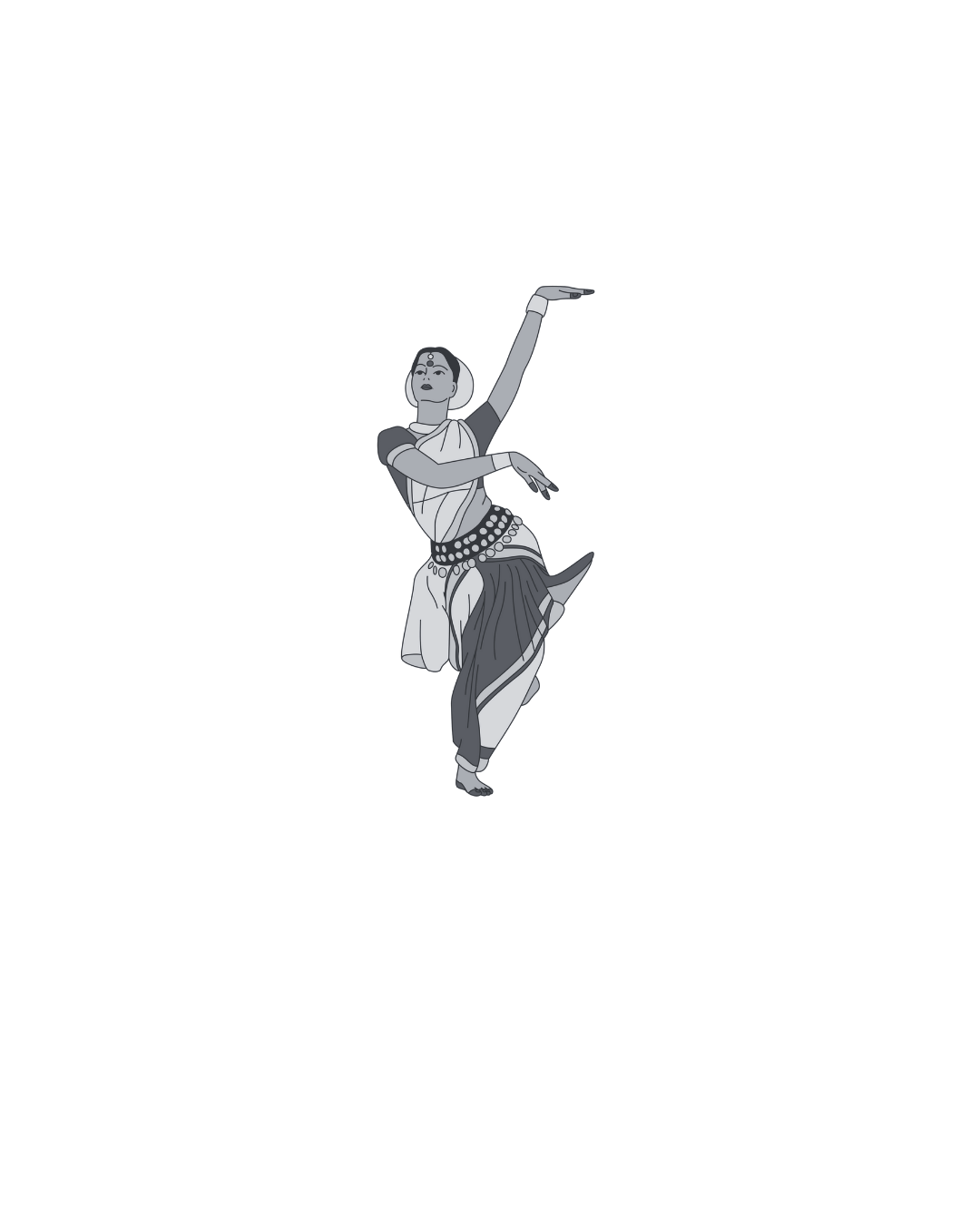Description
A Master of Arts (MA) in Dance is a graduate program designed for individuals interested in advancing their knowledge and skills in dance performance, choreography, education, and research. It provides a platform for exploring dance as an art form within various cultural and historical contexts, as well as developing practical skills and academic understanding.
Program Overview
Duration: Typically 1 to 2 years, depending on the program structure and whether students are enrolled full-time or part-time.
Mode: Offered in various formats, including in-person, online, or hybrid options to accommodate diverse learning styles.
Eligibility: Generally requires a bachelor?s degree in dance, performing arts, or a related field, along with an audition or portfolio showcasing prior dance experience and skills.
Core Subjects
The curriculum for an MA in Dance often includes a combination of required courses and electives, such as:
Dance History and Theory: Study of the historical developments in dance, major movements, and theoretical frameworks that inform dance practices and aesthetics.
Choreography: Courses focused on the creative process of choreographing original works, exploring various styles, techniques, and methods.
Dance Technique: Advanced training in specific dance forms (e.g., ballet, contemporary, jazz, hip hop), emphasizing refinement of technique and performance quality.
Dance Pedagogy: Exploration of teaching methods and practices for dance education, preparing graduates for careers in dance instruction at various levels.
Cultural Studies in Dance: Examination of dance as a cultural practice, exploring its social, political, and cultural implications across different communities and settings.
Research Methods in Dance: Training in methods for conducting scholarly research in dance, including performance analysis, ethnography, and critical writing.
Movement Analysis: Study of body movement and anatomy, focusing on how to analyze and enhance movement efficiency and expression.
Skills Developed
Artistic Proficiency: Advanced skills in dance performance, choreography, and pedagogy, tailored to individual career goals (performance, teaching, or research).
Analytical and Critical Thinking: Ability to critically analyze dance works and practices, considering both aesthetic and contextual factors.
Teaching and Communication Skills: Development of effective communication skills for teaching and sharing knowledge about dance, whether in a classroom or workshop setting.
Research Competence: Skills in conducting research and writing about dance topics, preparing graduates for work in academia, criticism, or arts administration.
Career Opportunities
Graduates with an MA in Dance can pursue various career paths, including:
Professional Dancer: Performing with dance companies, in theater productions, or as a freelance artist in various styles and disciplines.
Choreographer: Creating and staging original dance works for various venues, including theater, film, and educational settings.
Dance Educator: Teaching dance in schools, colleges, or community programs, often incorporating performance, technique, and theory into the curriculum.
Dance Researcher or Critic: Engaging in scholarly research or writing about dance history, theory, and practice, contributing to publications and academic discourse.
Arts Administrator: Managing programs and operations within dance organizations, community arts groups, or cultural institutions.
Physical Therapist or Movement Specialist: Working with dancers or the general public to enhance movement quality and prevent injury, potentially requiring additional training and certification.
Benefits of Pursuing an MA in Dance
Creative Exploration: Provides an opportunity to develop artistic voice and creativity through choreography and performance, allowing for personal expression.
Interdisciplinary Insights: Encourages collaboration with other disciplines, such as theater, music, and visual arts, fostering a holistic understanding of the performing arts.
Professional Networking: Offers opportunities to connect with established professionals in the field, enhancing career prospects and collaborative potential.
Additional Considerations
When considering an MA in Dance:
Program Focus: Assess programs for specializations or tracks that align with your interests, such as performance, choreography, education, or research.
Performance Opportunities: Look for programs that offer rich performance experiences, including showcases, masterclasses, and interdisciplinary collaborations.
Community Engagement: Consider programs that emphasize outreach and community involvement, enabling students to apply their skills in broader contexts.
If you have specific questions about the program, its components, or potential career opportunities in the field of dance, feel free to ask!









